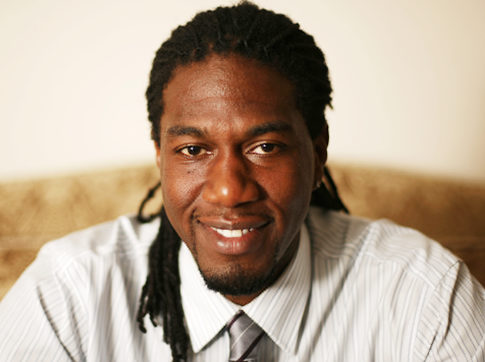NY Daily News
CELESTE KATZ
An old guard/new guard battle for control of the City Council’s Black, Latino and Asian Caucus could come to a head this week – with Brooklyn‘s Jumaane Williams at its epicenter.
Williams, an ambitious up-and-comer, has steadily increased his public profile – even getting arrested recently as part of a protest over the Education Department’s plan to shutter a group of schools.
Last month, he pulled back from his interest in challenging caucus Co-chairman Robert Jackson. but it looks like some are still trying to quash his ambition.
It seems Brooklyn Councilwoman Darlene Mealy is pushing Queens’ Ruben Wills to get the vice co-chairman spot that Williams wants to keep.
Williams says he’d like the caucus votes to remain an internal matter.
“I hope my colleagues [retain] me,” he said. “Either way, I’m going to be in the caucus doing whatever I can to push [its] issues forward,” including education and contracting with minority- and women-owned businesses.
A source says the blowback goes beyond just teaching Williams a lesson about trying to jump ahead too quickly. It’s less about brown or black and more about green, the source says. And there are lots of moving parts, including:
– Keeping Council Speaker Christine Quinn and her mayoral ambitions insulated from attacks by progressives who want to push hot-button issues like paid sick leave.
– Not ticking off Quinn, who controls the money members get for use in their own districts.
– A possible turf battle between Councilwomen Melissa Mark-Viverito and Inez Dickens for the speakership in 2013.
A Dickens rep said the Harlem lawmaker considers it “very unfortunate” that the inner workings of the caucus have been spotlighted in the media.
The rep said Dickens won’t make her vote or her role in the nominations, if any, public – but noted the councilwoman is “very impressed” by the work Wills has done since his win in the Queens special election to fill the seat of late Councilman Thomas White Jr.
Mark-Viverito, who has served as vice co-chairwoman with Williams, said: “I feel he’s very capable in that position, and that’s why I will continue to endorse him. I think he’s passionate about the issues that are important to the black, Latino and Asian majority in this city.”
The vote is set for Wednesday.
—
When reps from the 70,000- plus-member SEIU 32BJ, New York‘s biggest private-sector union, go to Albany to give their two cents about Gov. Cuomo’s budget proposal today, they’ll raise an issue that has roiled New York City without any conclusion: The concept of a so-called living wage.
If taxpayer money is being used to fund a project, the workers hired should get a fair wage, advocates say.
“Including wage standards in our economic development programs will help workers, revitalize local economic activity and ease the strain on our state’s fiscal deficit by moving working New Yorkers off of public assistance,” 32BJ Vice President Kevin Doyle will testify.
Here in the city, despite heavy pressure from unions and sympathetic lawmakers, living-wage laws have not been passed. Proponents call it a moral imperative and a fair use of public dollars.
Mayor Bloomberg has argued that it will make New York unattractive to developers who want to invest in areas where the labor pool is most amenable.
Will Cuomo go for it? Hard to say. A spokesman responded in the most general of terms: “Gov. Cuomo’s absolute focus and the ultimate goal of his entire economic agenda is to create good-paying jobs for all New Yorkers in every region of the state.”




